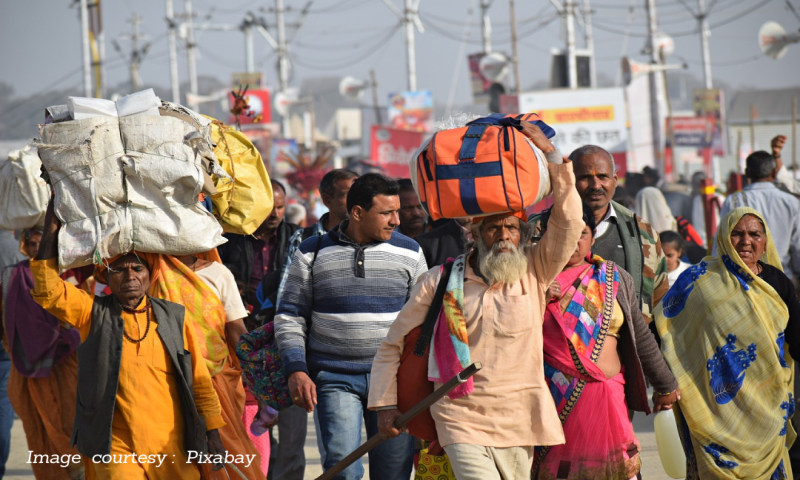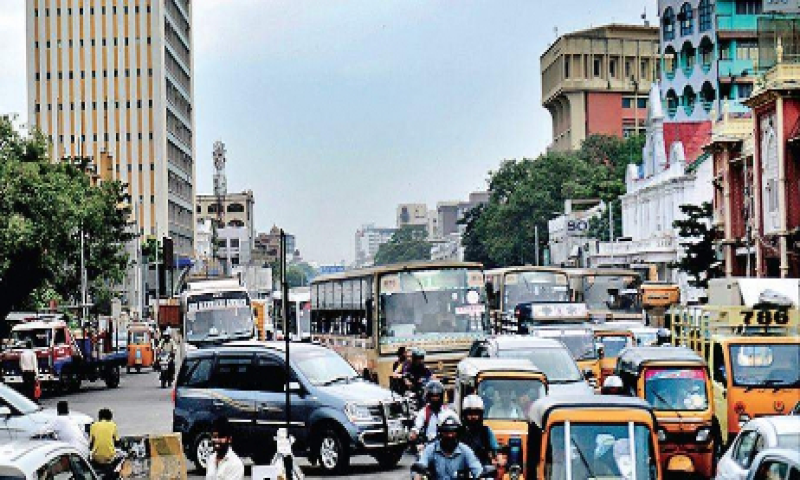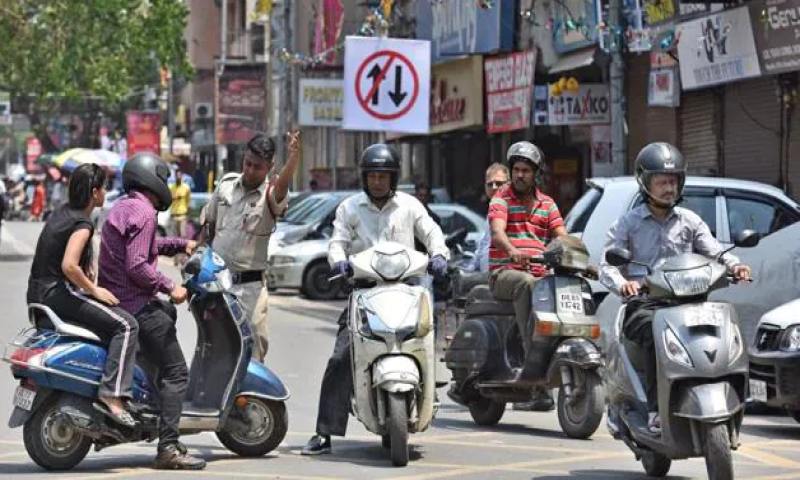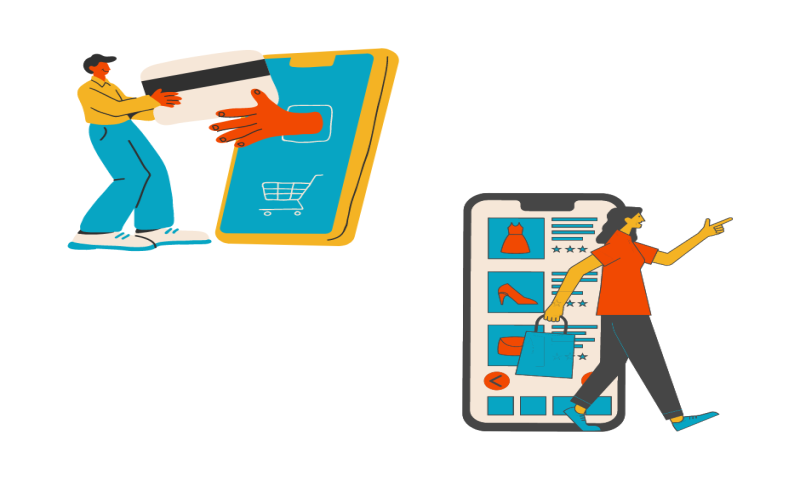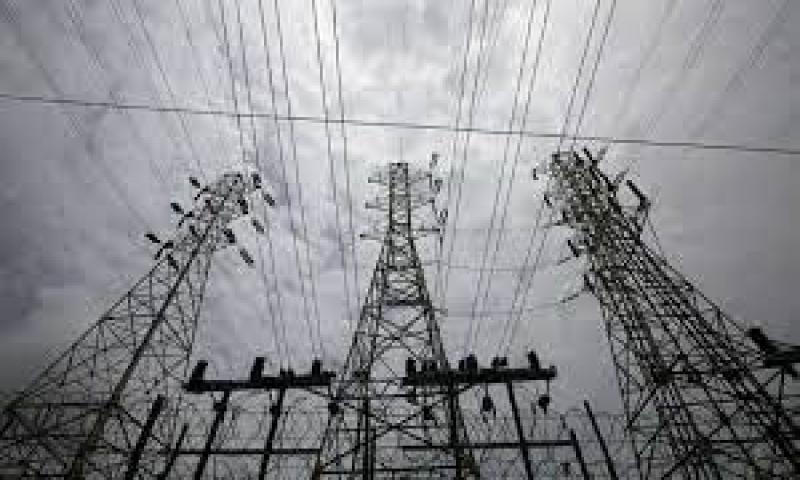Climate-induced displacement: A new normal for India's vulnerable communities
Climate change is uprooting lives and communities in India, leaving behind a trail of destruction that is hard to ignore. The lush terrain that once sustained millions is now turning into barren wastelands, as climate change continues to ravage the country. The scorching heat waves, erratic rainfall patterns, and devastating floods are leaving no stone unturned in upending the lives of millions of people, particularly those in rural areas.
